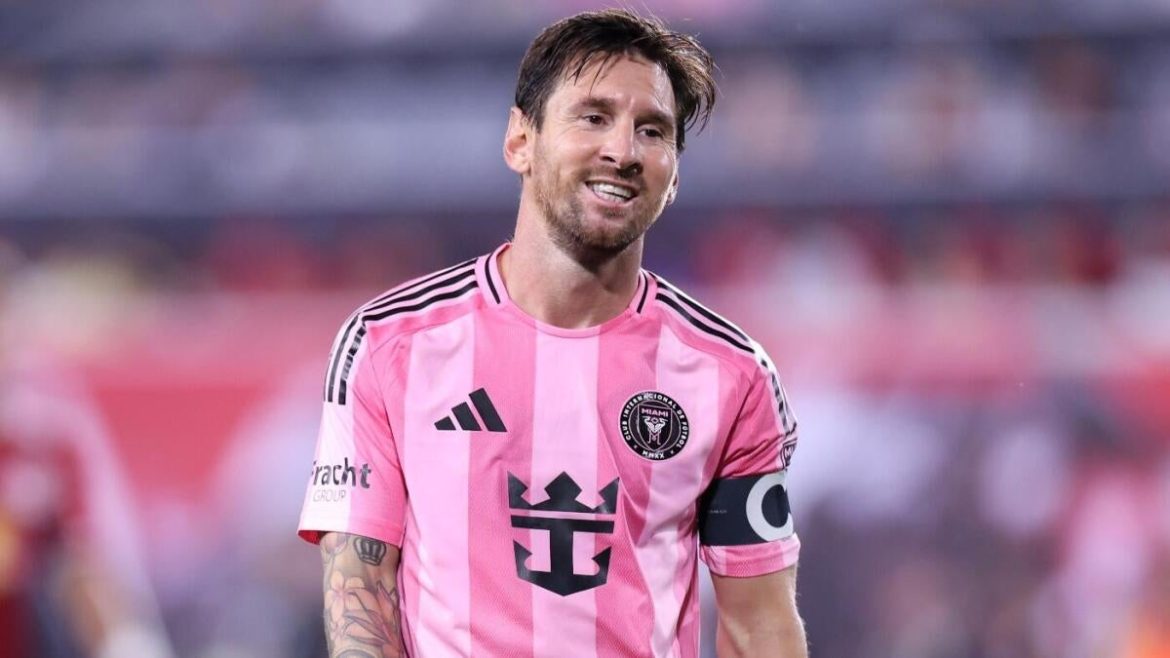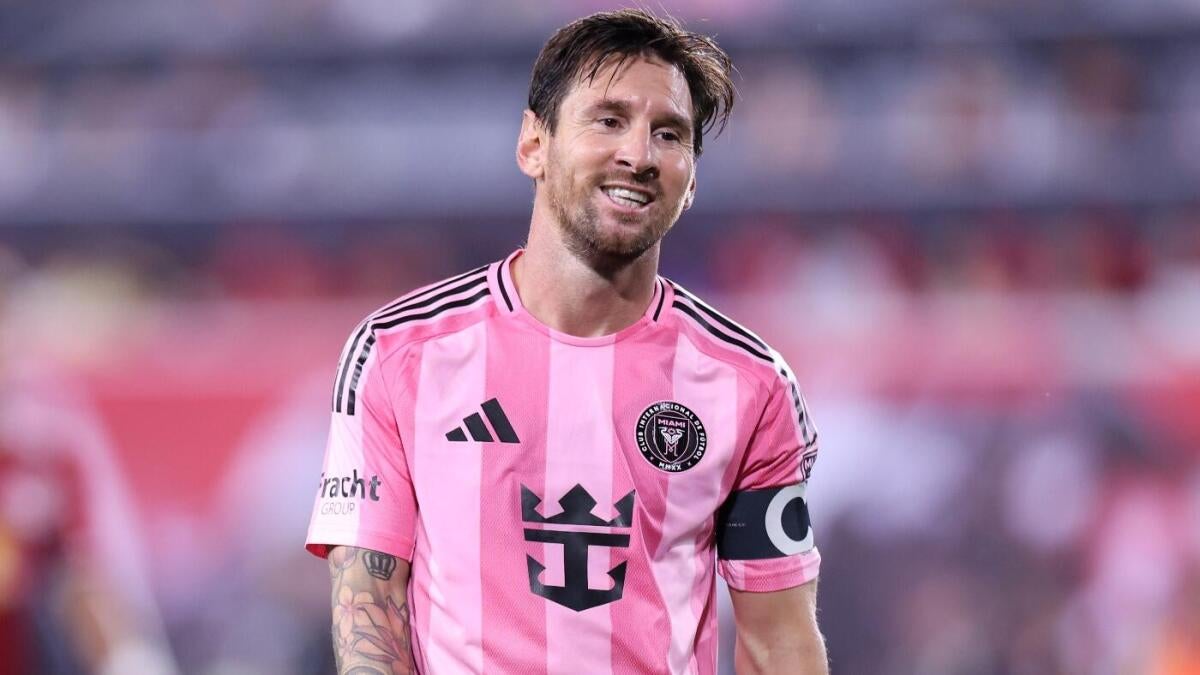The Messi and Alba All-Star Absence: A Risky Move?
Introduction: The All-Star Conundrum
The 2025 MLS All-Star Game is on the horizon, but the potential absence of Lionel Messi and Jordi Alba from Inter Miami has cast a shadow over the event. The MLS’s strict policy on All-Star participation threatens to turn this into more than just a missed exhibition game—it could become a pivotal moment that impacts Inter Miami’s season and the league’s relationship with its star players.
The All-Star Dilemma: Participation or Penalty?
At the heart of this issue is the MLS rulebook, which mandates that any player selected for the All-Star Game who opts out without a legitimate medical reason faces a one-game suspension. This rule is not arbitrary; it is designed to ensure that the league’s biggest stars participate in promoting the sport and engaging with fans during the All-Star event. Messi and Alba’s potential absence, therefore, puts them in direct conflict with this policy.
While the exact reasons for their absence remain unclear, the lack of an official explanation has raised questions. Messi missed the 2024 All-Star game due to an ankle injury sustained while playing for Argentina in the Copa America. The MLS may take this into account when considering any penalties, but without a confirmed injury report or other valid excuse, the league could enforce the suspension.
Why This Matters: Beyond the All-Star Spectacle
The potential suspension of Messi and Alba carries significant implications beyond the All-Star Game itself. Inter Miami’s success is heavily reliant on their contributions. A one-game suspension for either or both players could disrupt team chemistry, tactical strategies, and their chances of securing crucial points in the regular season.
Messi is Inter Miami’s primary playmaker and goal scorer, and his absence would be a major blow. Alba, meanwhile, is a key defensive and attacking player on the left flank. Without them, the team would be forced to rely on less experienced players, potentially disrupting their rhythm and cohesion.
Precedent and Potential Justifications
This is not the first time an MLS star has faced this dilemma. Zlatan Ibrahimovic, during his time with the LA Galaxy, reportedly breached a similar policy, sparking controversy. However, each case is unique, and the league typically considers mitigating factors before imposing penalties.
Inter Miami could argue that Messi and Alba need rest to avoid burnout. The MLS season is grueling, and both players have extensive histories of international and club commitments. Fatigue could increase the risk of injury, a far greater concern than missing a single All-Star game.
The MLS could also consider Messi’s global brand and contribution to the league’s popularity since joining Inter Miami. Slapping him with a suspension might backfire, alienating fans and undermining the league’s efforts to attract international talent.
The Business Side of Soccer: Balancing Promotion and Player Welfare
This situation highlights the inherent tension between promoting the league through marquee events like the All-Star Game and protecting the well-being of players. While the MLS understandably wants its stars to participate, forcing them to do so without considering their physical condition or personal circumstances could be counterproductive.
The All-Star game is, at its core, an entertainment product. Its primary goal is to showcase the league’s talent and attract new fans. However, the long-term health and happiness of the players are equally important. Finding the right balance between these two objectives is crucial for the sustainable growth of the MLS.
The League’s Stance: A Tightrope Walk
The MLS finds itself in a delicate position. It must uphold its rules to maintain consistency and prevent future instances of players skipping the All-Star Game without valid reasons. However, it must also be mindful of the potential consequences of punishing two of its biggest stars.
The league’s decision will likely depend on Inter Miami’s explanation for Messi and Alba’s absence. If the club can provide a compelling justification, the MLS might choose to waive the suspension. However, if the explanation is deemed insufficient, the league may feel compelled to enforce its policy, even if it means facing backlash from fans.
What Happens Next: A Waiting Game
As the All-Star Game draws nearer, the soccer world waits with bated breath. Will Messi and Alba make a surprise appearance? Will Inter Miami offer a convincing explanation for their absence? Or will the MLS stand firm and impose a suspension?
The answers to these questions will not only determine the immediate fate of Messi and Alba but also shape the future of player-league relations in the MLS. The outcome will send a clear message about the importance of All-Star participation, the league’s willingness to accommodate player needs, and the delicate balance between promotion and player welfare.
The Final Whistle: A Test of Priorities
Ultimately, the Messi and Alba All-Star saga is a test of priorities. Does the MLS prioritize the spectacle of the All-Star Game above all else? Or is it willing to prioritize the long-term health and happiness of its players, even if it means sacrificing some short-term promotional opportunities?
The league’s decision will reveal its true values and shape its identity for years to come. Whatever the outcome, one thing is clear: the Messi and Alba All-Star absence has sparked a crucial conversation about the future of the MLS and the importance of finding a sustainable balance between promotion and player well-being.





